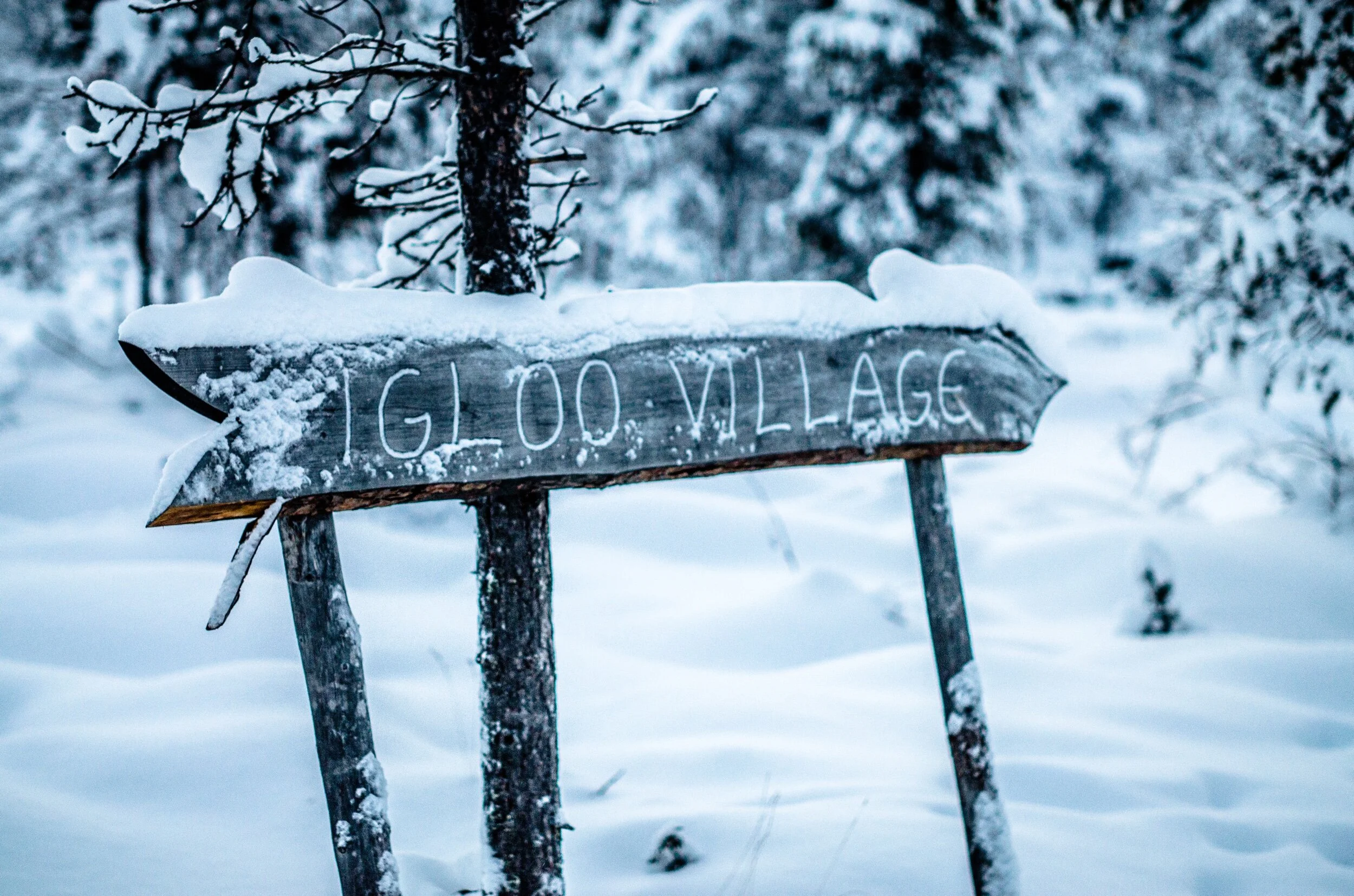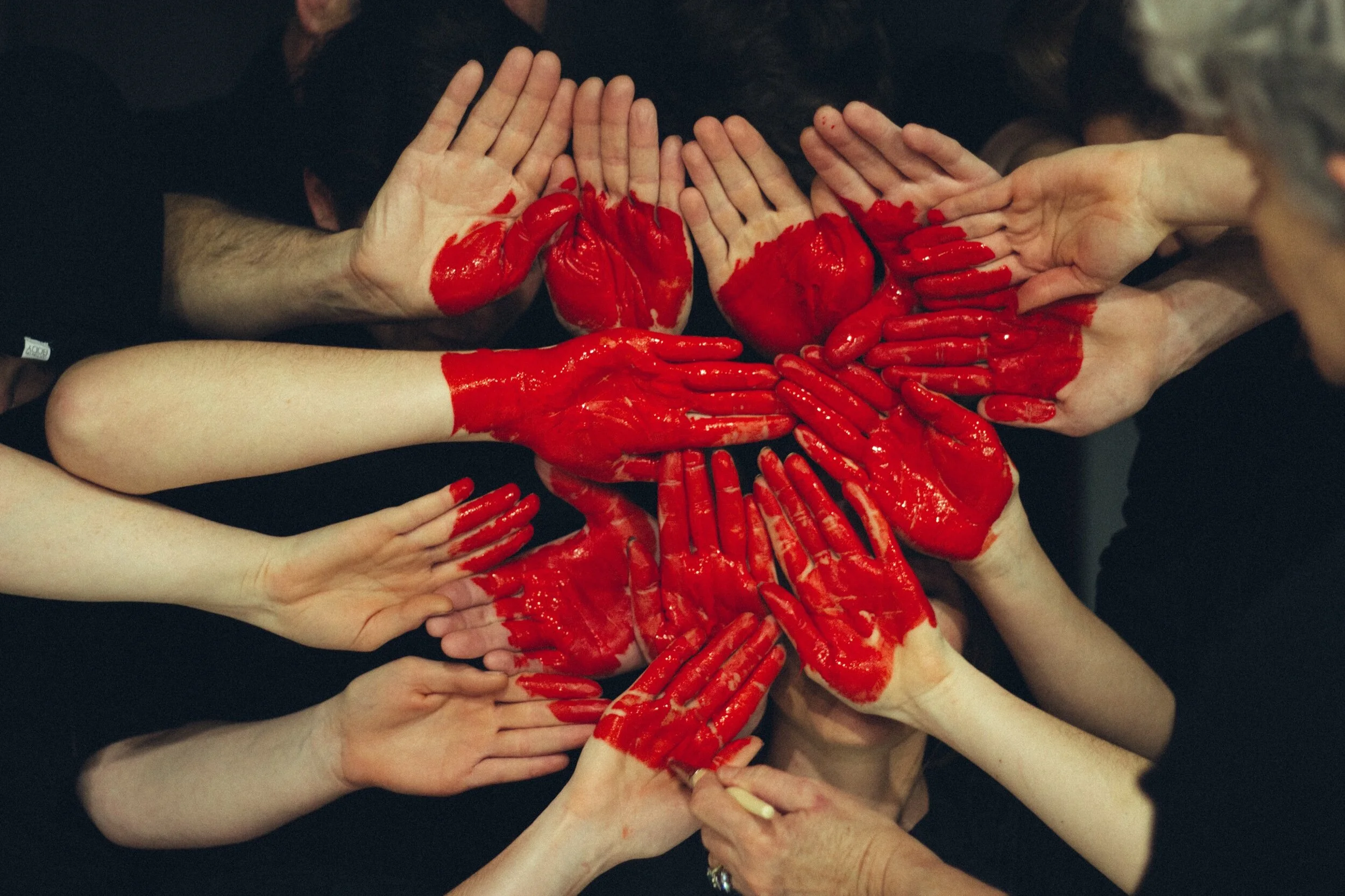What a week! “THE ICE-POCALYPSE!”. “SNOW-MAGGEDON!”. It’s only a little bit funny that people attach names that sound sort-of “Biblical” when attempting to describe weather systems such as the one which invaded and devastated so much of America last week. My guess is that we all know people who were forced to deal directly with the complications arising from the snow and ice and harsh temperatures. And each one of them probably have stories to tell that would make those of us who stayed relatively warm last week count our blessings.
I am HIGHLY over-simplifying this, but Historians and Social Scientists tell us that humanity slowly developed what we now think of as “civilization” as our ancestors learned how to cultivate food. Prior to this, humans existed as small, scattered, roving bands of “hunter-gatherers”, eating what they could catch or find, moving on nomadically to find food if and where they could, violently taking resources from other such groups when they could. There was little time for developing more than rudimentary communication skills, and the only “written” records consisted of drawings on the walls of caves. In the words of philosopher and author, Thomas Hobbes, human life in those days was “nasty, brutish and short.”
We probably thought all of that was ancient history, vanished and long buried by years of education and advancing technology. But the truth might be that our ancient “hunter-gatherer” instincts have not really vanished at all. Instead, they continue to exist inside even the most “civilized” among us. Those instincts actually lie very close to the surface, gently restrained and merely hidden by an incredibly thin veneer of what we like to think of as “civilization”. And it doesn’t take much for the thin veneer and gentle restraints of “civilization” to be swept away – even by something as simple as a weather-related event. When that happens, those ancient instincts immediately rise to the surface, and we are faced with the prospect of reverting to our ancient roots. You can read all about this in William Golding’s novel, “The Lord of The Flies”. You can see it played out on AMC’s “The Walking Dead”, or in the “Road Warrior” movies, or in many other similar explorations of this subject in books and film.
Or, you can watch the TV news about what happened in last week’s “SNOW-MAGEDDON”. People who, just the week before, had been enjoying concerts of classical music, were transformed into “hunter-gatherers” trying to survive in a world that suddenly resembled the last Ice Age. Roving bands of these once “civilized” beings wiped out practically every grocery store in the once great state of Texas, picking the shelves as clean as a well-licked woolly mammoth bone.
Of course, perhaps you say, “Well, that was Texas where the veneer of civilization was never very thick. That could never happen here.” Really? I guess you weren’t here for the aftermath of Hurricane Katrina where the premise of “The Road Warrior” movies – people in a post-apocalyptic world fighting for gasoline – literally happened in our streets.
Of course, I am exaggerating for effect. Bad things can happen when troubles arise. But, in each and every instance where the thin veneer of civilization is removed, you will always find multiple examples of people helping their fellow travelers, displaying the very finest that humanity has to offer. For instance, I have a Facebook friend in Texas whose political positions I cannot stand. Yet, he is using the well on his property to provide water to anyone in need – without even asking about who they voted for.
But the point of this whole exercise is to help us count our blessings. I have already heard from friends who suffered through last week’s “ICE-POCALYPSE”. They are now so very grateful for running water. For food. For a functioning power grid. For warmth. For light. For the people who helped them. For the people who are putting things back together – and even for expensive plumbers!
Perhaps the one thing which can “thicken” the veneer of civilization, which can keep our “hunter-gatherer” instincts at bay, is gratitude. Feeling gratitude inside is a good thing. But expressing gratitude out loud is better. Let’s start with expressing our gratitude to the One who provides for all – “Every good and perfect gift is from above, coming down from the Father of the heavenly lights” – James 1:17. Be specific; tell your Father in Heaven the things you are grateful to have in your life. The list is long – probably longer than you realize at first. If you need some help thinking of things to be grateful for, call a friend who lives in Texas.
Grateful people are joy-filled people. And joy-filled people cannot help but let their joy overflow into their world. If you have ever wondered if you can make a difference in this world, you can, simply by being grateful. You will make a difference when the world sees your joy.
So, go out and make a difference.




